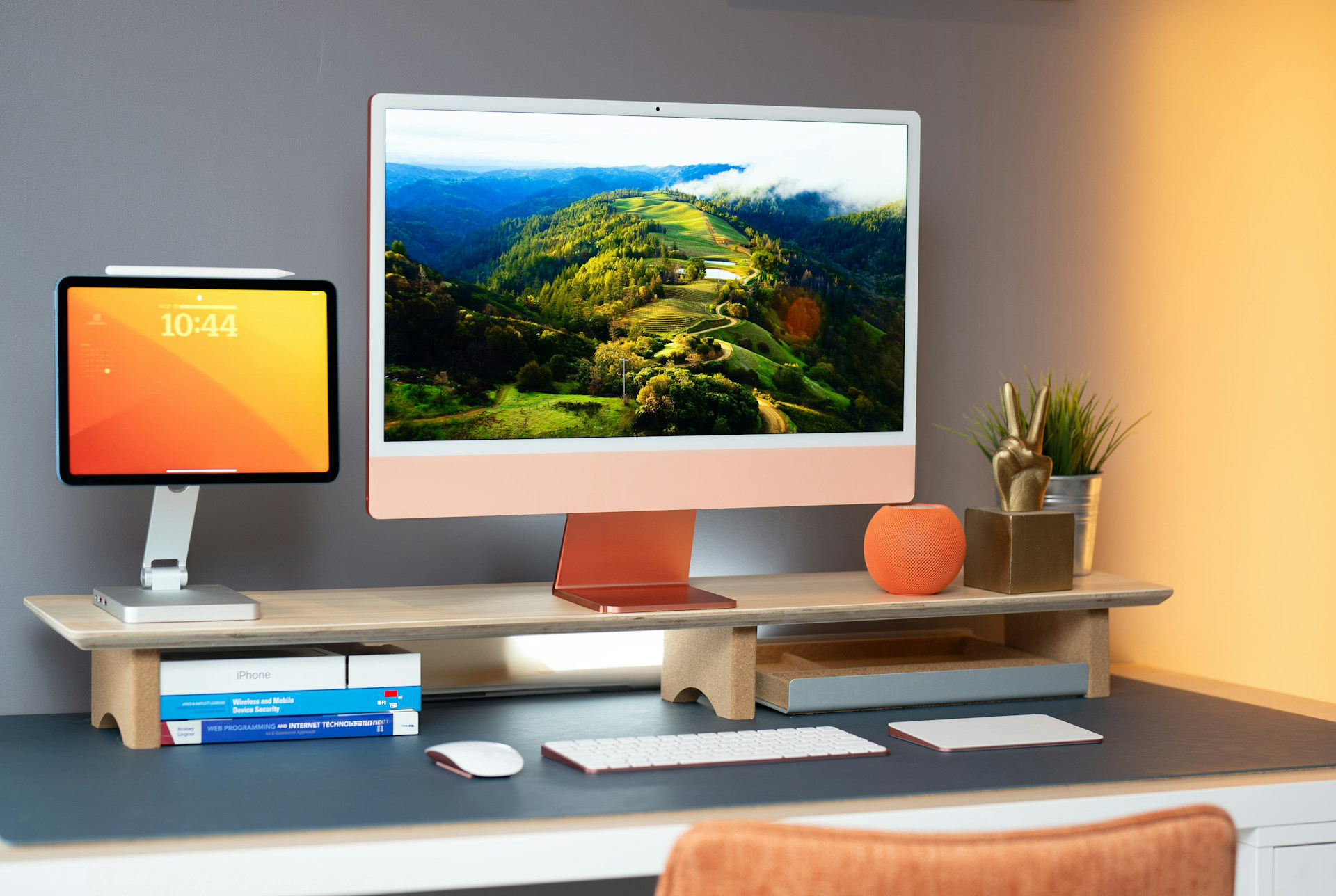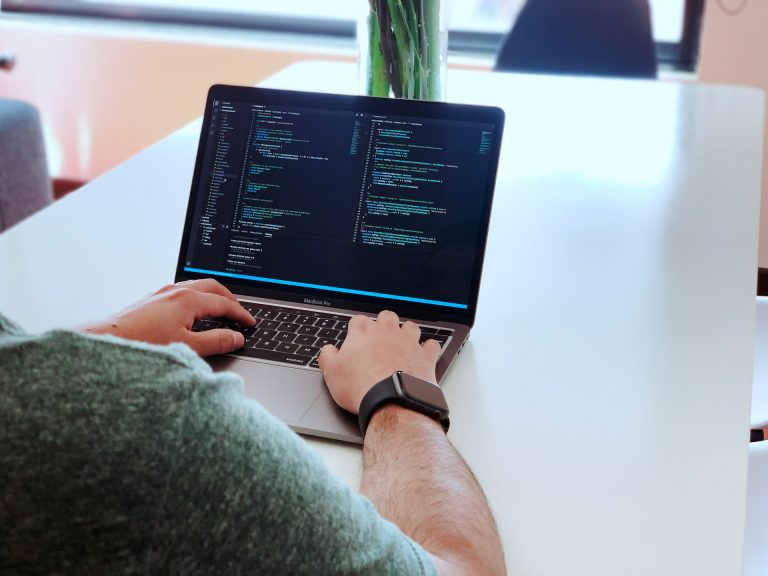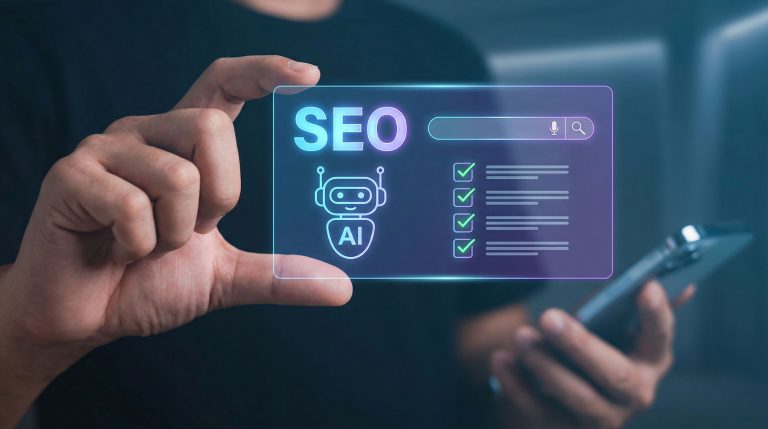In today’s fast-paced business environment, efficiency and responsiveness are critical for maintaining a competitive edge. Multi-session technology has emerged as a transformative tool that empowers support teams to handle multiple client interactions simultaneously. This capability streamlines operations and enhances the overall customer experience, offering businesses a fresh perspective on service delivery.
Understanding Multi-Session Technology
Multi-session technology allows support professionals to manage several client sessions concurrently, creating an efficient and responsive service model. This innovative approach lets teams maximise their time and resources by breaking away from traditional, linear support methods.
For example, IT support teams can assist multiple users experiencing different issues simultaneously. This capability reduces wait times and improves resolution speed, allowing for a more dynamic support environment.
This technology is important because it helps businesses improve productivity and ensure timely support. Ultimately, it enhances customer satisfaction. The ability to juggle multiple sessions offers support teams the flexibility to respond to urgent client needs while addressing less critical issues.
Companies that embrace this technology will find it easier to establish a reputation for reliability and efficiency. Customers appreciate quick and effective service, which can lead to increased loyalty and retention.
Advantages for Businesses and Clients
One of the most significant advantages of employing multi-session technology is streamlining client interactions. Support professionals can switch seamlessly between sessions, addressing various issues without sacrificing focus or quality. This flexibility builds a proactive support culture, where quick responses become the norm rather than the exception.
The benefits for clients are clear: quicker resolutions, reduced downtime, and a more personalised service experience. This technology helps enhance client loyalty, as businesses can deliver timely and effective solutions.
Support professionals can provide contextual assistance tailored to individual client scenarios by utilising session continuity. This enhances the overall support experience and fosters a deeper connection between clients and support teams.
Managing multiple sessions allows businesses to optimise their resources effectively. Support teams can allocate their time more strategically, ensuring that high-priority issues are addressed promptly while still managing lower-priority requests. This balance boosts team morale and enhances the quality of service delivered to clients.
For those looking to enhance their client interactions and discover the full potential of multi-session technology, exploring solutions that can provide robust support capabilities is beneficial. Businesses can find out more about TSplus remote support to understand how it can facilitate these advancements and help improve overall service delivery.
Practical Use Cases in Various Industries
Multi-session technology finds applications across various sectors, including IT services, healthcare, and customer support. Each industry can harness the benefits of managing multiple client interactions simultaneously to improve service delivery.
IT Services
In the IT sector, multi-session technology is invaluable for addressing the diverse needs of users across different departments. IT support teams can tackle various technical issues concurrently, ensuring that operations run smoothly without interruptions.
For example, while one technician assists a user with software installation, another can help resolve a network connectivity issue for a different client. This results in a more agile response to problems, and clients are not left waiting for assistance.
This increased efficiency allows IT departments to maintain high service levels without overwhelming individual team members. As a result, there is a lower incidence of burnout, leading to improved job satisfaction within the team.
Healthcare
In healthcare, multi-session technology facilitates consultations with multiple patients at different stages of treatment or inquiry. Medical professionals can conduct follow-ups, address new symptoms, and simultaneously provide resources to various patients.
This approach is particularly beneficial for practices managing high patient volumes. It helps maintain continuity of care while accommodating fluctuating patient needs.
Moreover, healthcare providers can use this ability to enhance their engagement with patients. By addressing several concerns at once, practitioners can offer more comprehensive advice, leading to better health outcomes and greater patient satisfaction.
Customer Support
In customer service, organisations can implement multi-session tools to handle inquiries from various clients efficiently. This strategy is particularly valuable during peak hours when customer needs increase significantly.
By managing multiple interactions, support teams can maintain service levels. This ensures that clients receive timely assistance without long delays.
Implementing multi-session technology can also free up additional support resources. For example, if a technician resolves multiple cases within a single session, that efficiency can be redirected towards other critical tasks, such as training new staff or developing more in-depth customer resources.
Implementing Multi-Session Technology in Your Organisation
Assess your current support processes to integrate multi-session technology into your organisation. Identify key areas where efficiency can be improved and establish which tools or platforms can facilitate multi-session capabilities.
Training and Development
Ensuring your support team is well-trained on this new technology is crucial for success. Training should encompass the technical aspects of managing multiple sessions and the softer skills necessary to maintain high customer service.
Support personnel should clearly understand the importance of focusing on each client, even while managing several inquiries simultaneously. Practical simulations during training allow team members to practice juggling different client interactions. This hands-on learning prepares them for real-world scenarios, equipping them with the skills to maintain quality service while effectively leveraging their new capabilities.
Monitoring and Feedback Mechanisms
Implementing feedback mechanisms is essential to assess the effectiveness of multi-session technology. Collecting data on client satisfaction and internal performance metrics will highlight areas for improvement. Regular feedback sessions can be held to discuss successes and challenges. This approach ensures that the technology continues to meet organisational needs.
Scaling and Adapting
As your employees become more adept at managing multiple sessions, consider scaling the technology to accommodate more complex client interactions. This scalability is vital for organisations experiencing growth or increased demand for support.
Adapting your processes and technology as your organisation grows will ensure that you remain flexible and responsive to client needs. Emphasising the importance of a customer-centric approach while adopting multi-session capabilities enables your team to focus strongly on client interactions.
Building a Supportive Culture
Creating a culture that embraces innovative technologies can further enhance the benefits of multi-session capabilities. Encourage support teams to share their experiences and best practices. This fosters an environment of collaboration and continuous improvement.
Such a culture enhances employee morale and can lead to greater innovation in service delivery. Encouraging team members to experiment with different approaches to managing sessions can yield new strategies that improve efficiency and client engagement.
Recognising and rewarding employees who successfully implement effective practices can motivate their teams to fully leverage multi-session capabilities. This positive reinforcement encourages a proactive mindset, which is vital for fostering an adaptable workplace.
The Future of Client Interactions with Multi-Session Technology
As businesses seek ways to enhance their client interactions, multi-session technology will likely play an increasingly pivotal role in redefining customer support standards. This approach meets current demands and prepares organisations for future challenges in a rapidly changing marketplace.
By embracing this technology, companies position themselves at the forefront of service excellence. The ability to manage multiple client interactions efficiently and effectively will become a standard expectation, reshaping how businesses engage with their clients and driving innovation across industries.
In a competitive market, businesses that implement multi-session technology effectively will excel in customer support and satisfaction. This change is not a passing trend but a fundamental shift in service practices shaping the future of client engagement.







